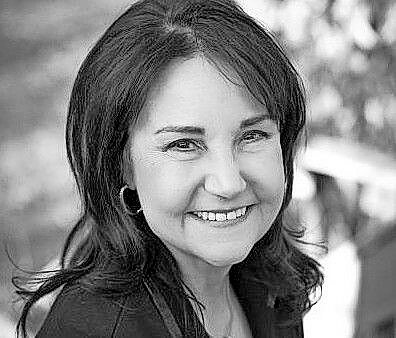Transplant changed my view of Orthodox Jews
On a freezing day last March, 24 hours after my husband had a kidney transplant, I stood in a long line waiting to get into Weill-Cornell Medical Center in Manhattan to see him. As I waited, I noticed two men in Chassidic garb cut to the front of the line. I cringed.
When I got to my husband’s room, a large bag of food was waiting — for me. It had been brought by those men, members of the Satmar Bikur Cholim, which runs a kosher kitchen in Brooklyn. I realized that those men were rushing to enter the hospital so they could perform a mitzvah — bringing the food they carried to Jewish patients throughout the hospital.
Satmar women cook and help them distribute more than 2,000 kosher meals weekly to Jewish patients at New York City hospitals. At Weill Cornell and 11 other local hospitals, they also stock a hospitality room with meals and snacks that is open around the clock.
When I left the hospital that Friday afternoon, I took the bag of food and placed it in the refrigerator in my room at the hospital guest facility where I was staying a block away. There was so much food, I put some in the freezer.
At sundown, I lit the battery-operated candles the hospital chaplain had given me. Then I sat down to eat Shabbat dinner by myself. I had challah, matzah-ball soup, chicken, potato kugel, other side dishes and dessert — all courtesy of the Satmars.
The next day, I ate the lunch they had provided. These meals conveyed caring and empathy. And in a surprising way, they soothed me. I immediately realized that this was living Judaism at its finest.
I had once believed that there were some Orthodox Jews who looked down on Jews like me who wore pants, did not cover their heads, lived in suburbia and drove three miles to shul on Shabbat. But after a month spent in and near the hospital as my husband recovered, I quickly learned I was wrong.
Renewal, the organization responsible for pairing my husband with a compatible kidney donor, was founded by Chassidim. And I later learned that Orthodox Jews donate their organs to others in need at a higher rate than any other group. That alone is laudable since organs are in short supply. More than 100,000 people are currently on a transplant list and 17 people die each day waiting for one.
In fact, my husband’s new kidney came from an altruistic Orthodox kidney donor whom we met several months later. She has six children and is a mikvah attendant and volunteer firefighter. She said her only regret is that she doesn’t have another organ to donate.
I no longer think about whether Chassidim look down on those who don’t practice their brand of Judaism. It simply doesn’t matter to me anymore. They are living the admonition Kol Kol Yisrael arevim zeh bazeh — “All of Israel are responsible for one another.”
Meryl Ain is the author of two post-Holocaust novels and host of the podcast “People of the Book.” For information about organ donations, contact the Halachic Organ Donor Society (hods.org).






